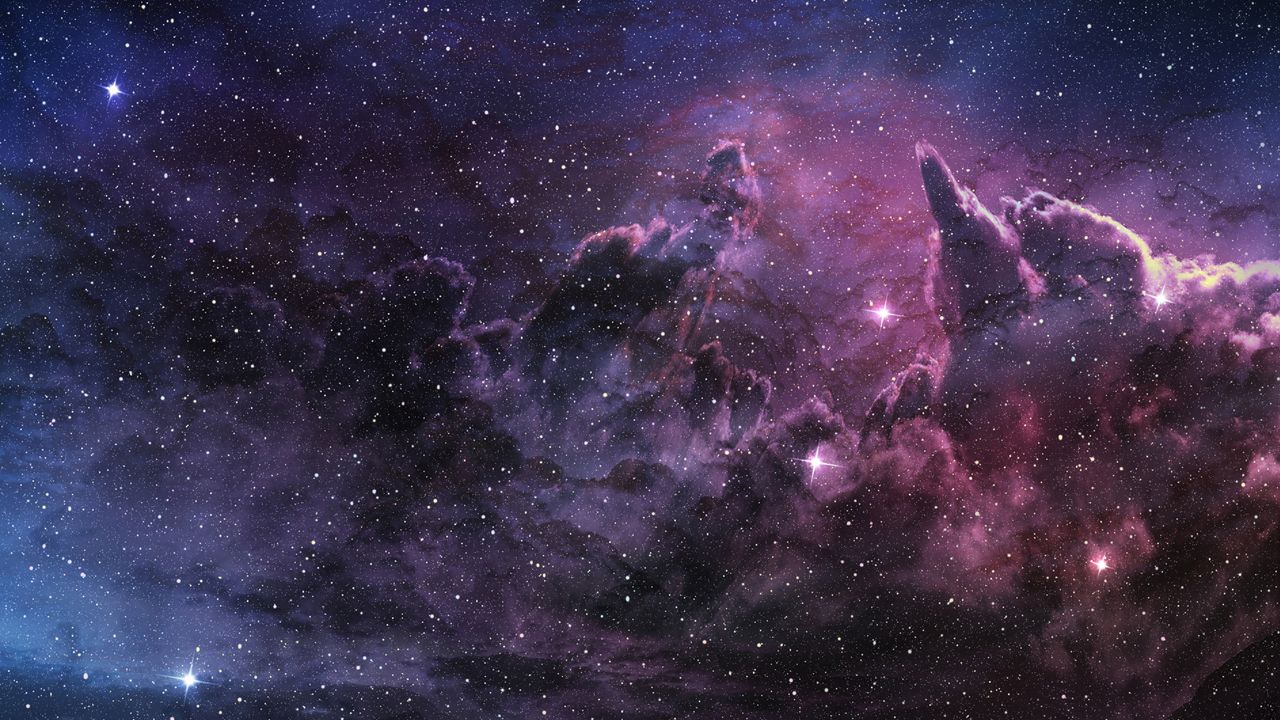Google just demoed a 100% natural-sounding AI that scheduled an appointment with a live human on the phone who didn’t know she was talking to a machine.



The government of the Democratic Republic of Congo declared an outbreak of Ebola hemorrhagic fever, a rare and deadly disease, on Tuesday, the World Health Organization reported. The declaration came after laboratory results confirmed two cases of the disease in the province of Bikoro in the northwestern part of the country.
Ebola virus disease, which most commonly affects people and nonhuman primates (monkeys, gorillas and chimpanzees), is caused by one of five Ebola viruses. The virus is transmitted to people from wild animals and spreads in the human population through human-to-human transmission. The average case fatality rate is around 50%.
A government statement released Tuesday states that the Ministry of Health has “taken all necessary measures to respond promptly and effectively to this new epidemic of Ebola in the DRC’s national territory”.


The US Department of Energy will fund the most sensitive search yet for theorized dark matter particles. It will sit over a mile underground, in a nickel mine near the Canadian city of Sudbury, according to a release.
The proposed Super Cryogenic Dark Matter Search at SNOLAB, or SuperCDMS SNOLAB, would be a detector held at near absolute zero that would be sensitive enough to detect the elusive dark matter with silicon and germanium atoms. It joins a long line of other experiments hunting for “weakly interacting massive particles,” or WIMPs, the most popular dark matter particle candidate.
Throughout the universe, there exist hints of unaccounted-for mass. Galaxies rotate too quickly at their edges, and the seemingly empty regions beside clusters of colliding galaxies warp the shape of space around them as if there were stuff there. The most popular solution to solve this mystery are WIMPs, particles that interact too weakly with regular matter to be detected by our telescopes or any other observing equipment.

Take a listen to the recordings. That’s an AI doing that.
A long-standing goal of human-computer interaction has been to enable people to have a natural conversation with computers, as they would with each other. In recent years, we have witnessed a revolution in the ability of computers to understand and to generate natural speech, especially with the application of deep neural networks (e.g., Google voice search, WaveNet). Still, even with today’s state of the art systems, it is often frustrating having to talk to stilted computerized voices that don’t understand natural language. In particular, automated phone systems are still struggling to recognize simple words and commands. They don’t engage in a conversation flow and force the caller to adjust to the system instead of the system adjusting to the caller.
Today we announce Google Duplex, a new technology for conducting natural conversations to carry out “real world” tasks over the phone. The technology is directed towards completing specific tasks, such as scheduling certain types of appointments. For such tasks, the system makes the conversational experience as natural as possible, allowing people to speak normally, like they would to another person, without having to adapt to a machine.
One of the key research insights was to constrain Duplex to closed domains, which are narrow enough to explore extensively. Duplex can only carry out natural conversations after being deeply trained in such domains. It cannot carry out general conversations.




Crispr could eliminate Genetic disease.
It’s so small it can’t be seen with the naked eye, but research is showing that CRISPR (Clustered Regularly Interspaced Short Palindromic Repeats) is bringing sight to the blind.
UC San Diego researchers are using CRISPR, a technology that allows scientists to edit genomes, to cure disease.
For the last two years, Ophthalmologist Dr. Kang Zhang and UC San Diego researchers have been working with CRISPR, injecting CRISPR into the eyes of mice to cure retinitis pigmentosa – a genetic form of blindness. “What we’ve seen in mice is that we can bring back actually 30 percent of vision sometimes even 50 percent of vision,” Dr. Zhang told NBC 7.

With the utmost of respect for Mr Buffett, when he calls BTC “rat poison” he is expressing his philosophical viewpoint of the program (i.e. decentralized currency), not making a prediction of its future (not that I, or anyone else can really know what that it).
The Oracle of Omaha is still not a fan of bitcoin. Neither is Warren Buffett’s top lieutenant Charlie Munger. But to be fair to crypto bulls, both have missed out on an amazing rally.